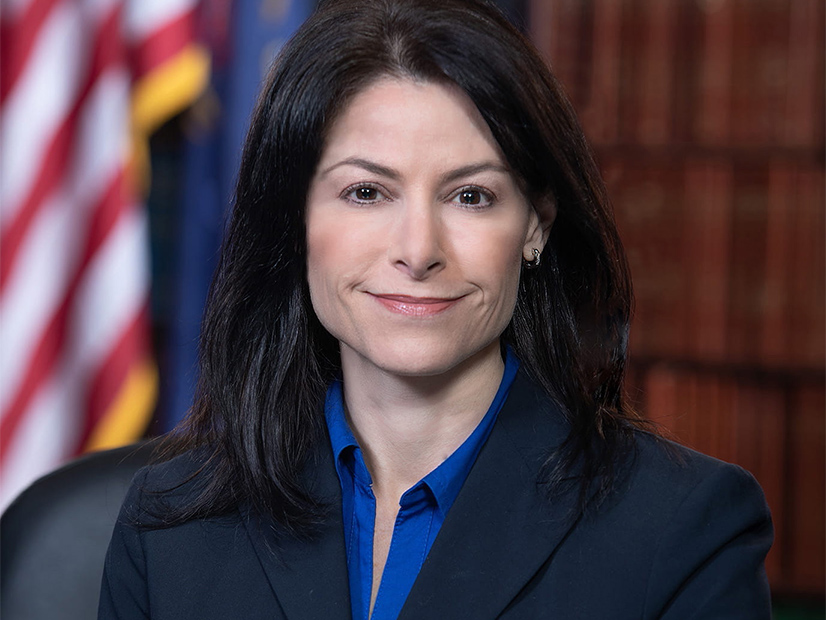Michigan utilities would be required to provide more transparency on their spending to influence rate cases under new regulations proposed by Attorney General Dana Nessel.
In comments to the Public Service Commission filed earlier this month, Nessel said that because utilities are government-regulated monopolies, “customers of these monopolies should have the right to know whether and how much their utility is spending to influence legislation or other public policy that impacts the utility and consumers. I am hopeful the commission will consider these recommendations and implement them for Michigan.”
Nessel’s comments were made in connection with the commission’s call for public comments on possible changes to its rate case standard requirements (Case U-18238). Currently rate cases are to be completed no later than 10 months after filing, and the utilities are supposed to provide a large series of documents as part of the initial filings.
Spokespersons for Michigan’s two largest regulated utilities, CMS Energy (NYSE:CMS) and DTE Energy (NYSE:DTE), did not make any comments directly about Nessel’s proposals. Both said their companies do not include any costs for lobbying in their rate requests.
Along with calling for the utilities to show what they spend to influence decisions on utility matters, Nessel said the rules on filing rate cases should also require that utilities use a shorter revenue and cost forecast period, require cost/benefit analysis, provide better disclosure for utilities that operate in several state jurisdictions and improve the litigation process.
Specifically, in terms of greater accountability on lobbying costs, Nessel called for the PSC to direct the utilities to report:
- expenses on influencing regulation or legislation either directly or indirectly through their affiliates;
- expenses on influencing public opinion about policy issues or on the company’s reputation;
- expenses on all proceedings before the commission, specifically how much the company spent, and how it was spent, on previous rate cases, as well how much the utility forecast it would spend on a current rate case;
- all 501(c)(3) and 501(c)(4) contributions to each nonprofit organization, including any organizations receiving contributions from a utility’s affiliated 501(c)(3) charitable foundations; and
- all expenses for litigation a utility files trying to overturn rules or statutes.
The PSC has not indicated when it might propose changes to the rate case requirements.
Speaking for CMS, Katie Carey, director of external relations, said, “Consumers Energy supports the Michigan Public Service Commission’s efforts to make sure rate case filing requirements provide the information needed for a transparent and timely review of the company’s rate case filings. No costs to influence public policy are included in rate case filings and are not reflected in customer rates.”
And Peter Ternes, external affairs director for DTE, said the company “shares” the PSC’s goal of “ensuring the delivery of affordable, reliable and cleaner energy to our state and our customers.” DTE also looks forward to the PSC’s “determination of whether the current rate case filing requirements, which already require the production of significant documentation, require modification,” Ternes said.
Both the state and federal government already regulate DTE’s lobbying activities, Ternes said, which include revealing some lobbying expenses.
Also filing comments was the Association of Businesses Advocating Tariff Equity, a group that includes Dow Chemical and General Motors, which said utilities should provide more information on capital expenditures resulting from mandates, and on variances between projections and spending.



